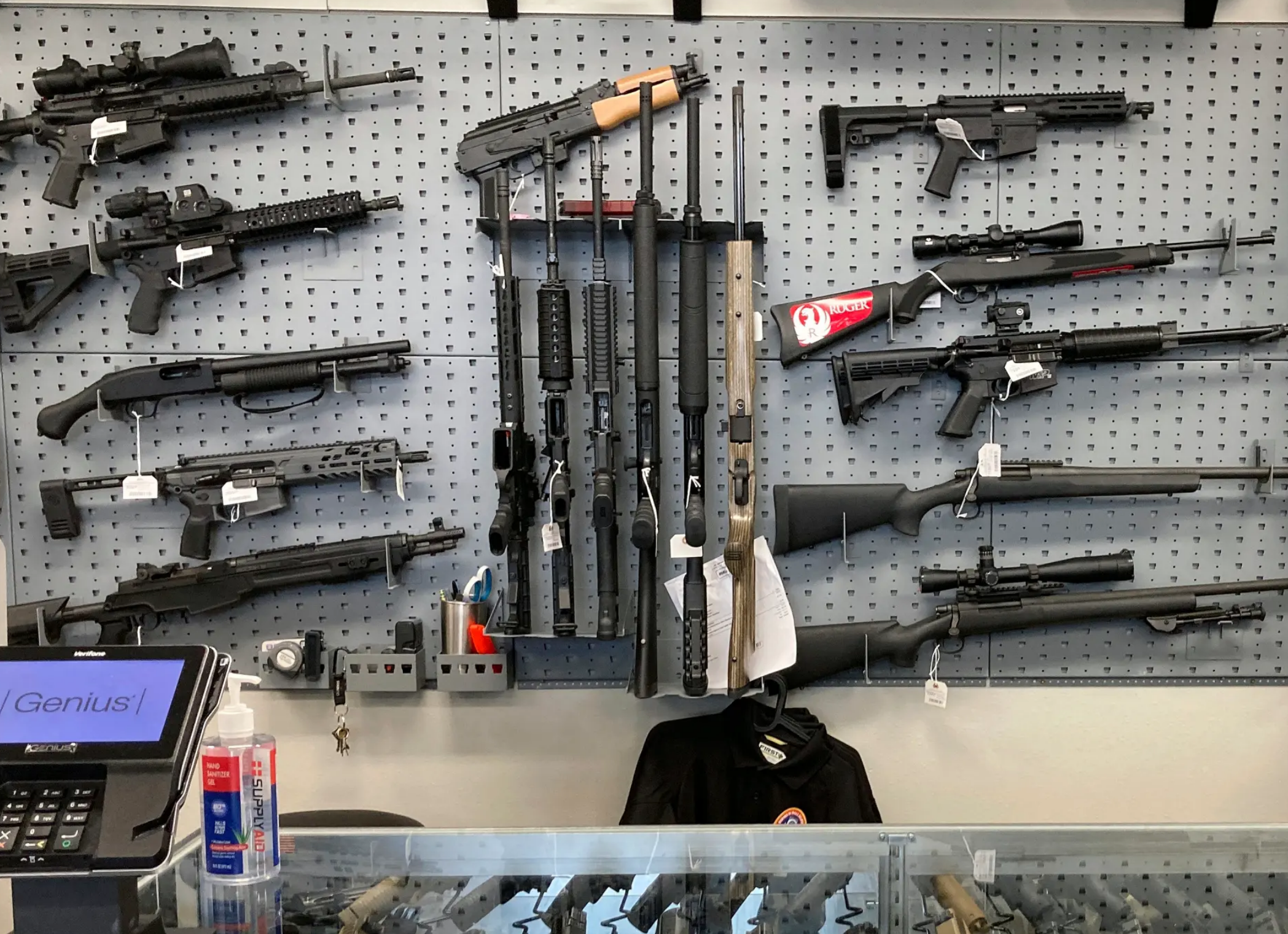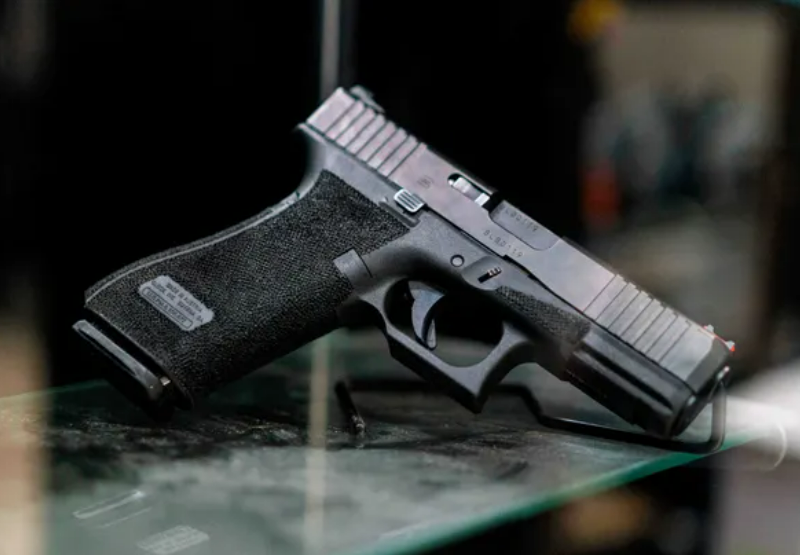
Nevada’s Republican Governor Joe Lombardo vetoed three gun control bills on Wednesday, preventing their enactment into law. One of the bills Lombardo blocked aimed to restrict individuals from having firearms within 100 feet of a known polling place entrance. The proposed legislation also sought to increase regulation of “ghost guns” – firearms that can’t be traced due to their lack of serial numbers.
According to The Hill:
A second would ban people 18 to 20 years old from possessing any semiautomatic shotgun or semiautomatic centerfire rifle, not including those who are a member of the military or law enforcement, or those who were discharged from the military, reserves or National Guard.
The third would prohibit a person from purchasing, owning or possessing a firearm if they have been convicted of a hate crime or attempting to commit a hate crime involving violence in the past 10 years.
Lombardo said in his message on vetoing the bill about the polling locations that the legislation is “commendable” in trying to increase confidence about the safety of the election process, but it is too broad, as ballot boxes are present at various locations like grocery stores, shopping centers, gyms and libraries.
“It is untenable to prohibit law-abiding citizens from exercising their Second Amendment rights in these areas,” he said.
He said the ban on those under 21 owning the firearms goes against a ruling from the 9th Circuit Court of Appeals last year that found a California law that banned the sale of semiautomatic rifles to adults under 21 was unconstitutional. Lombardo also cited the Supreme Court’s ruling from last year on a New York law finding that gun restrictions are only constitutional if a tradition of that type of regulation exists in U.S. history.
Lombardo is expressing concerns about a proposed hate crimes bill, particularly its broad definition that categorizes offenses even at the level of gross misdemeanors as hate crimes. He argues that such a wide-ranging definition could potentially lead to people being stripped of their Second Amendment rights (the right to bear arms) for comparatively minor offenses.



